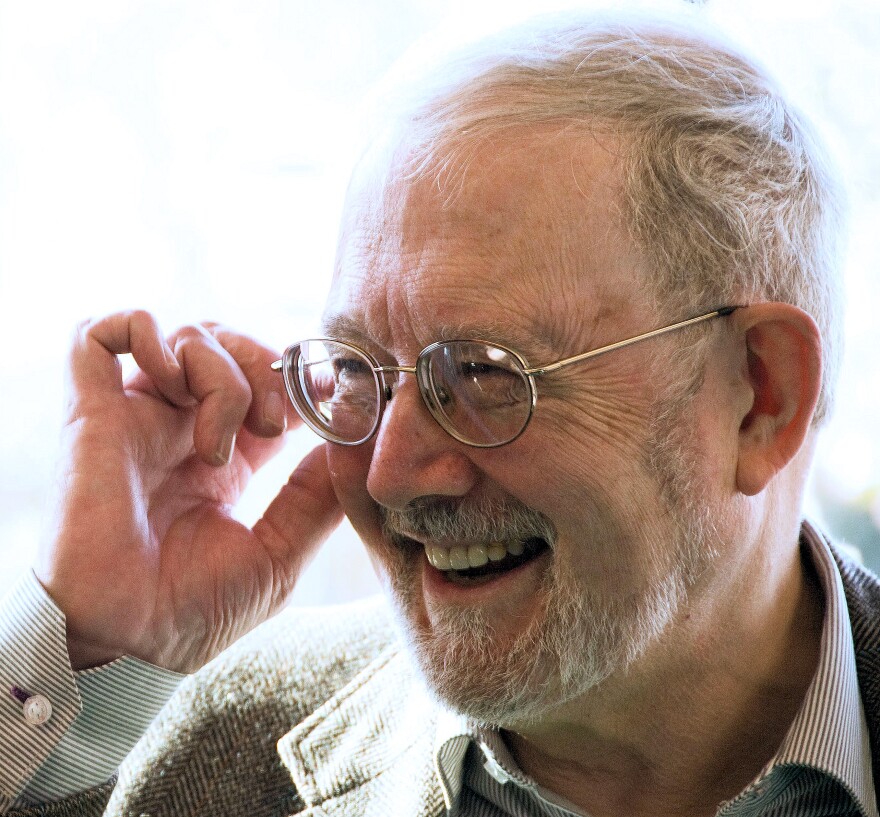Tomorrow is Bastille Day, which is impossible to miss if you happen to be in France. There will be parades and patriotic speeches in every town and village, and fireworks and festive dinners too. This year’s celebration will mark the two hundred and twenty-sixth anniversary of the French Revolution, and it has a certain poignancy because the two hundredth anniversary of the battle of Waterloo (which the French lost) came around just four weeks ago. This provided an unwelcome reminder that the revolution that was supposed to change the world forever ended in chaos and bloodshed after just twenty-six years. Revolutions have a way of going wrong, or going nowhere, but this doesn’t seem to diminish their popularity in any way. The Arab Spring – and how ironic that label now sounds - produced a whole series of popular uprisings a few years ago, with the catastrophic results we see now.
The French Revolution, in spite of its grand name, began with what we would now call a riot in the streets of Paris. It was not even a very big riot – we’ve seen bigger ones in the United States recently. In 1789 a mob stormed the prison called La Bastille, and released a rather disappointing total of seven political prisoners. There followed a period of anarchy called The Terror, symbolized by the guillotine. King Louis XVI was tried and executed, and France fell into chaos. She was rescued from chaos and plunged into despotism by Napoleon, who was finally defeated at Waterloo two hundred years ago last month.
The point is that revolutions are never quick, always violent, and always totally unpredictable. They typically roll on for years and years, changing all the time, and they can begin with quite a small event. The American Revolution, at least according to legend, began with the Boston Tea Party of 1773, and it’s not quite over yet.
Every revolution begins with a myth: freedom, equality, nationalism, racial pride, religious purity, or any grand and noble aspiration you can imagine. The myth justifies the violence of the action, and the tragedy is that the myth is impossible by definition. It can never become reality so the revolution is lost before it begins.
History is full of such lost revolutions, and history is where they should stay. But there may be new one brewing now in Greece. All the ingredients for an explosion are there. I hope not, because it is a lovely and gracious country, but no nation has more nationalistic, heroic, and violent myths than the Greeks. Their myths and stories have furnished the modern mind with dramas for three thousand years. Their philosophers posed questions about politics and society to which we still have no good answers.
The modern Greeks may not be direct descendants of the ancient Greeks, but they have certainly inherited that mythic culture, and they have a long history of rebellion and defiance. For that reason alone they ought to be rescued before they really go over the cliff. A revolution would be a disaster, and in any case the world has become too complicated and too fragile for revolutions based on ancient dreams of pride and heroism. What the Greeks need, and perhaps what we all need, is a revolution of ideas.
Copyright: David Bouchier


